“Companies have goods they don’t need and we know people who need them,” says former Prime Minister Gordon Brown. “It’s a simple concept.”
The concept Mr Brown is referring to is The Multibank, a ‘coalition of compassion’ he established with Fife charity The Cottage Family Centre, in partnership with online retail giant Amazon.
The initiative puts surplus goods such as clothing, household essentials and hygiene products, into the hands of those who can’t afford them.
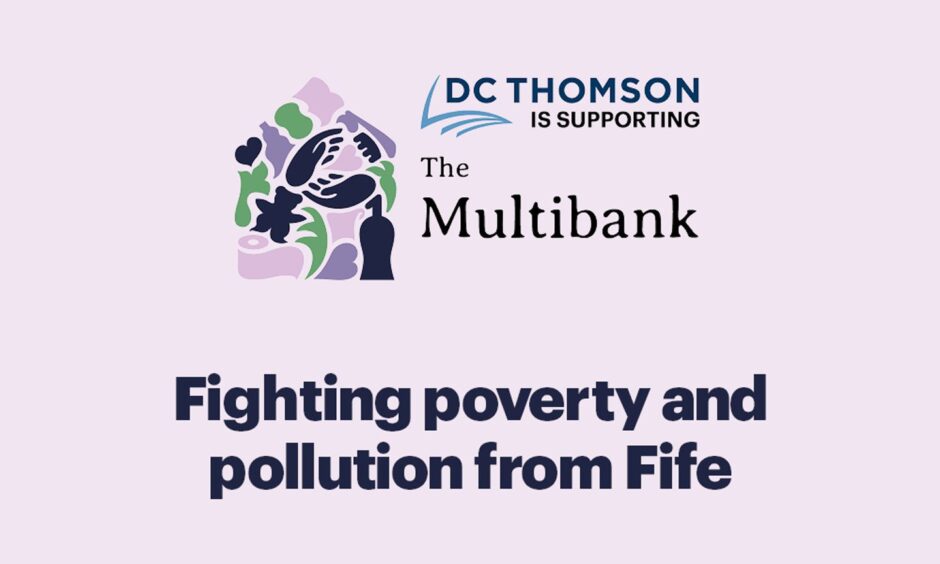
The items are delivered to a central warehouse where a network of volunteers and frontline workers can select what is needed.
It may be a simple idea, but since it launched three years ago, the impact has been huge.
It has saved children from going into care.
It has prevented families being evicted from their homes.
It has put shoes on feet, sheets on beds, toothbrushes in bathrooms.
It has even furnished homes.
How The Multibank started in Kirkcaldy
Based in Lochgelly, The Big House Multibank is the first of five across the UK which have redistributed an estimated five million goods to 500,000 families.
But it all began with The Cottage Family Centre which supports families in Kirkcaldy, Mr Brown’s home town and his constituency as an MP.
Mr Brown is the centre’s honorary patron and helps its annual Christmas food and toy appeal.
Speaking from the Lochgelly warehouse, he says: “It emerged out of what we saw was happening.
“It was really obvious when you think about it.
“There were goods that were surplus that companies like Amazon had.
“And there were families that needed them.
“The goods were in danger of being wasted and we said ‘give us those goods and we can find the families who need them’.”
The Cottage Family Centre strategic manager Pauline Buchan was, he says, the “dynamic force”.
Mr Brown was able to make connections to bring the concept to life.
Making the connection with Amazon
He says: “I talked to Amazon’s chief in the UK, John Boumphrey, and he immediately saw that Amazon could do something here.”
Fife was the ideal starting ground. Amazon’s largest UK warehouse is in Dunfermline. And there was need just a few miles away among the households The Cottage Family Centre supports.
A warehouse was provided in Lochgelly by the Purvis Group and Amazon dedicated some staff to help set it up.
Now The Big House Multibank provides goods through 150 schools. It has satellite sites in Dundee, with Dundee Bairns, and Perth and Kinross, with PKAVS.
Charities and professionals like teachers, social workers, health visitors, GPs use a ‘click and collect’ system to select goods from a weekly inventory.
90 companies and a sprinkling of celebrity
A list of around 90 companies contribute to The Multibank warehouses including Morrisons, Tesco, Unilever, Poundland, INEOS, Heinz and Pepsico.
And some high-profile backers help to get The Multibank the attention it deserves.
Two Doors Down star Arabella Weir, whose dad is from Dunfermline, is a board member of The Big House Multibank.
Doctor Who actor Peter Capaldi stars in a new The Multibank Christmas campaign, which is proudly supported by The Courier.
The appeal is running on Sky TV’s channels and in cinemas throughout December.
The campaign includes a poignant reel of two sets of children being asked what they want for Christmas.
Fellow former Doctor Who David Tennant is another of many celebrity supporters.
They have chosen a highly-effective charity to support, according to Mr Brown.
“For every £1 we spend on warehousing, staffing, transport we are creating £6 or £7 of value.
“If you want to do something to help people in need then we can achieve seven times the value of the £1 you give us.
“In the whole of the UK in the time we’ve been existence, we’ve distributed five million goods which we think is worth £50m.
‘We’re anti-pollution and anti-poverty’
“We’ve helped half a million children. Our target is to double that.”
Not only that, The Multibank stops items in good condition being dumped or scrapped.
“We’re anti-pollution and anti-poverty at the same time.
“We’re trying to create a circular economy where you can reuse goods so they don’t need to be destroyed or landfilled.”
Growing up in Kirkcaldy in the 1950s and 1960s, Mr Brown was accustomed to seeing poverty.
It was rife in the town’s slum housing and among the traveller children who went to his school when the Links Market visited.
But he says: “Certain areas of Kirkcaldy have poverty that is as bad or in some cases worse than it was then.”
The Multibank is expanding as the country experiences levels of poverty Mr Brown did not expect to see again. One in four UK kids live in poverty.
How does he feel that The Multibank is needed today?
“There’s anger that this should be happening in 2024,” he says. “But there’s also a sense of compassion that you have to do something about it.
“When we [Labour] came to government in 1997 pensioner poverty was our biggest problem.
“But child poverty has risen since 2010.
“There are four million children in poverty in Britain. Some of the organisations fighting poverty say there are one million they consider to be destitute.”
Girl’s first pair of new trainers
Some children, he says, have no bed of their own.
“That’s the kind of poverty that we’ve got to deal with.”
To illustrate his point, he tells of some heart-breaking cases The Multibank has encountered.
“There were two brothers. Every week only one of them would go football training because they had only one pair of football boots between them.
“Then they both outgrew those football boots.
“We were lucky enough to be able to find football boots for them.
“There was a girl came in who had been bullied and ostracised at school because she didn’t have any trainers.
“We found out she had never had a new pair or trainers. They had always been second hand.
“We were able to give her her first new pair of trainers.
“The day we opened in Wigan a father came in with his son and said he couldn’t afford to keep him anymore and just walked out.
Child poverty among working families
“The son was just left there in a flood of tears.”
In this case, The Multibank traced the boy’s grandmother and helped his family.
Mr Brown says: “Because of heating costs which are going up 10% this year and the price of food, which has never come down it’s always gone up, people are finding it difficult to make ends meet.
“70% of the children in poverty are in working families. A lot of people think you are only poor if you are unemployed.
“If we can help with some of the goods and allow people to buy the food they need then that can make a big difference.”
And that difference was spelled out in results of a survey conducted by The Cottage Family Centre.
Mr Brown says: “11% of people said their children might have been in care but for our help. 11% said they might have been evicted, 20% said their kids’ school attendance had increased.

“The main thing was, parents felt more confident about how they could manage their lives, that they had someone to turn to.”
The other Multibanks are The Brick Multibank in Wigan, Cwtch Mawr Multibank in Swansea, The Felix Multibank in London and The Junction Multibank in Middlesbrough. A sixth will open in the West Midlands soon.
All from that “simple concept” developed in Fife.
You can donate to The Multibank at www.multibank.co.uk


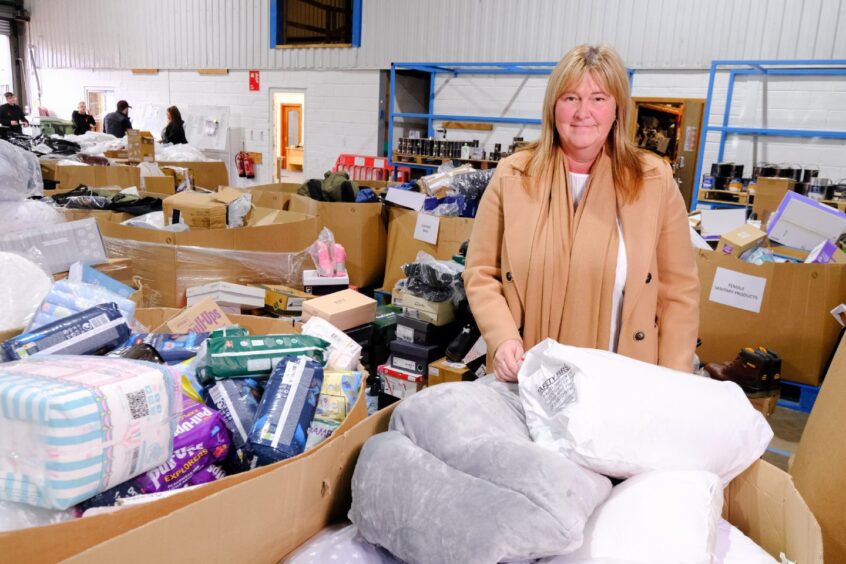
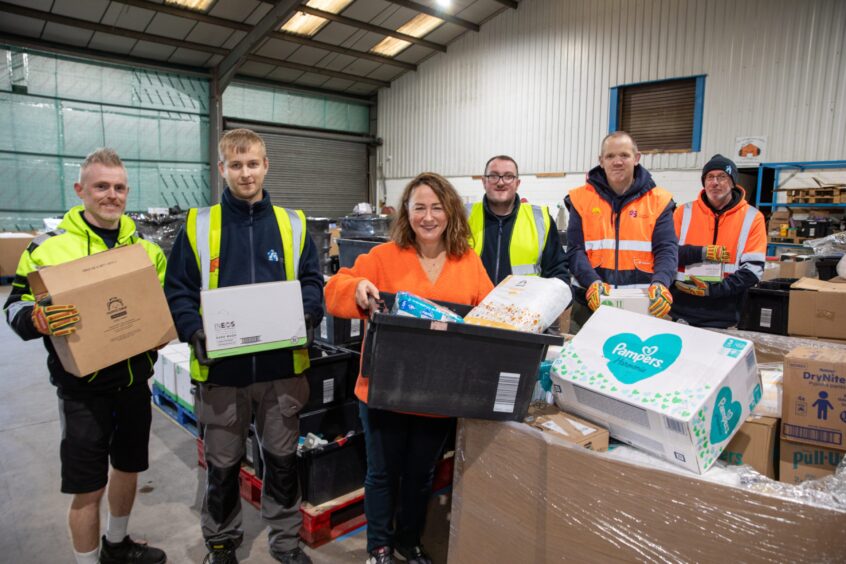
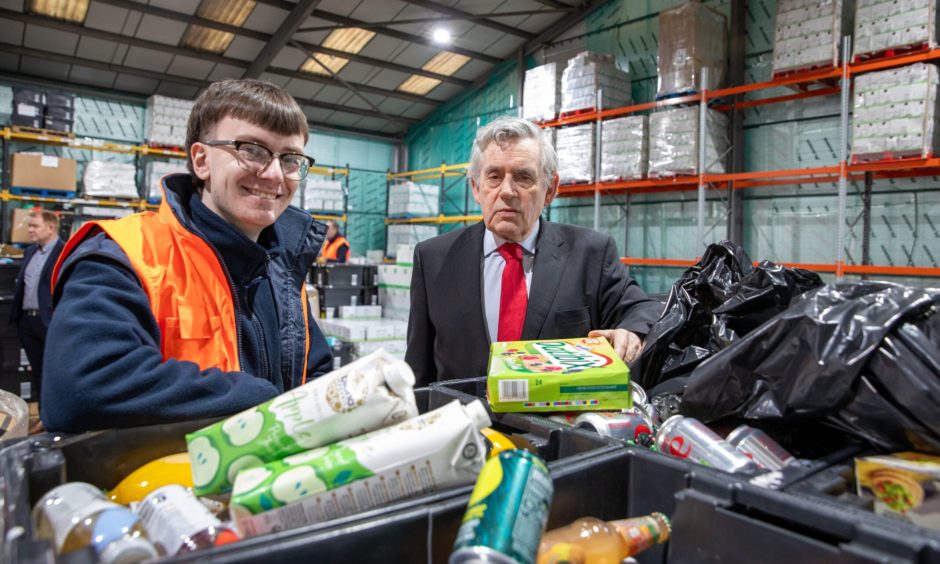
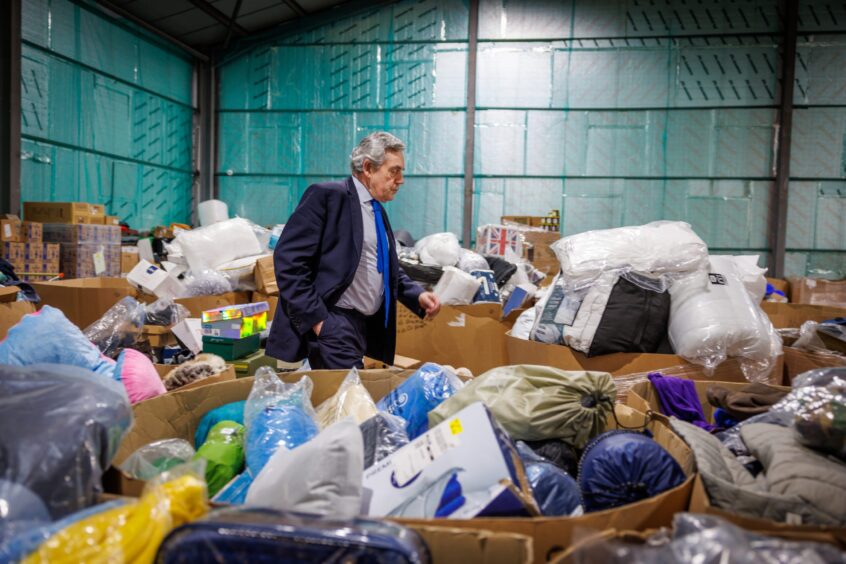

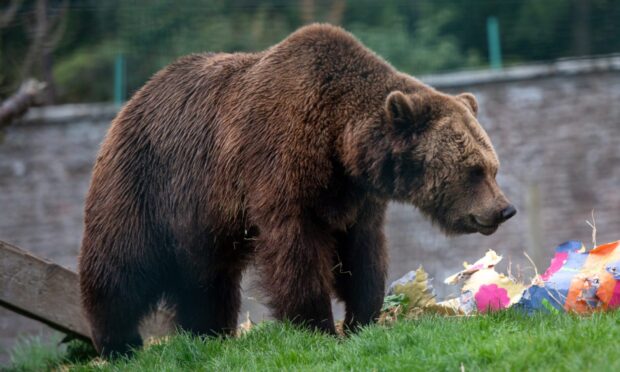
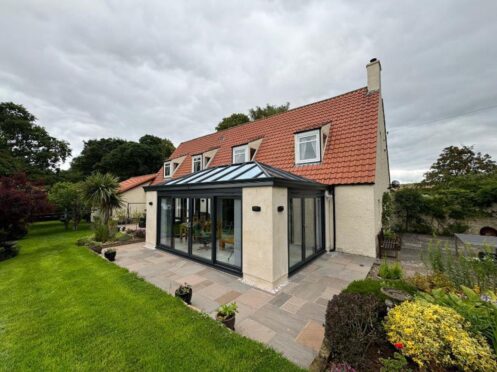
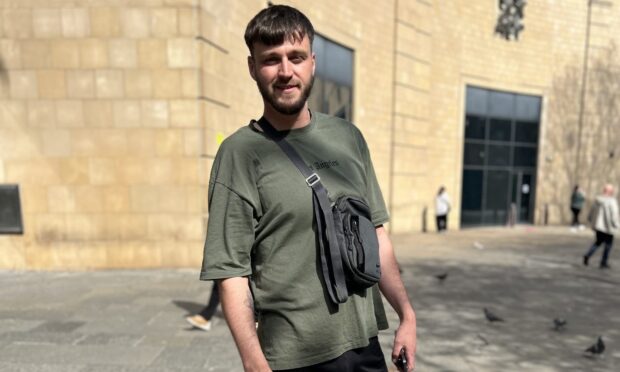

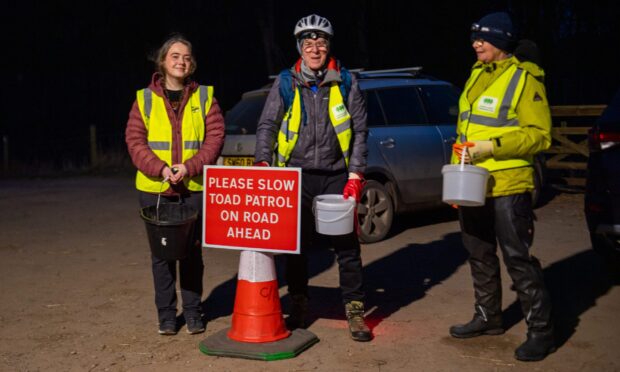
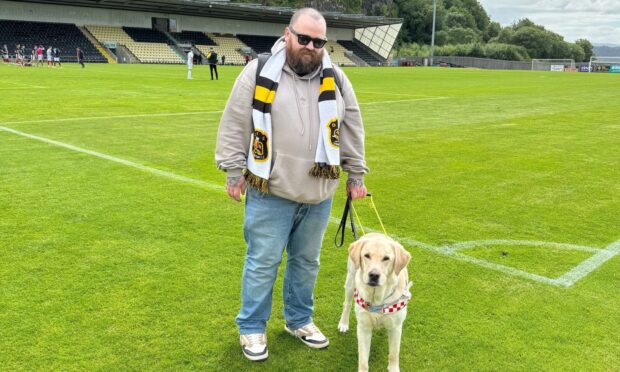
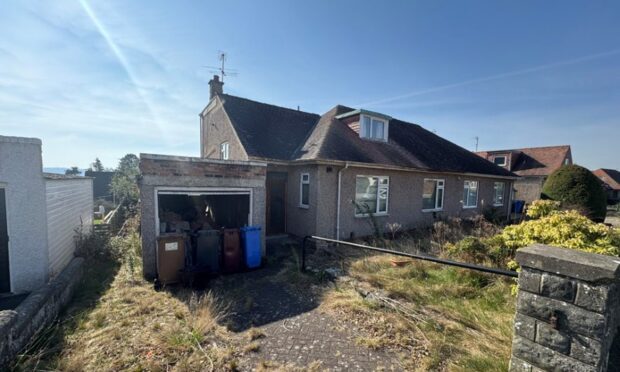
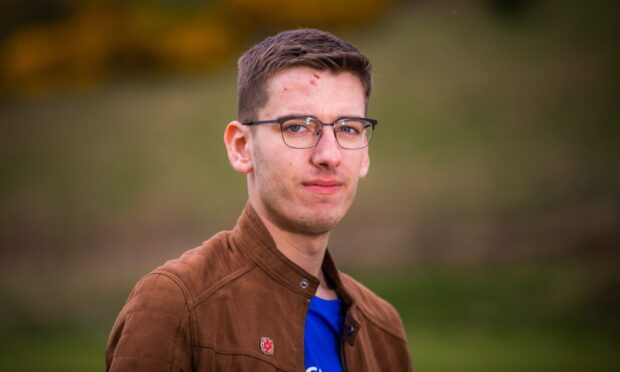
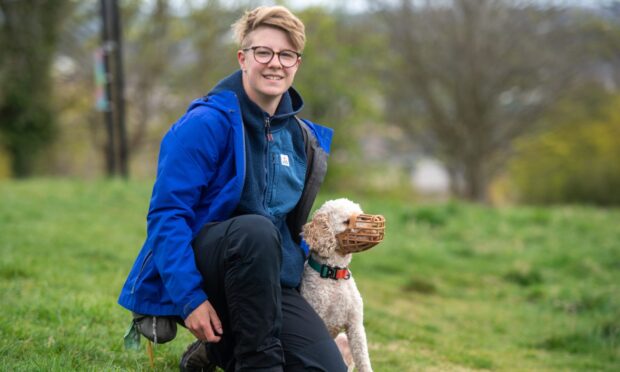
Conversation